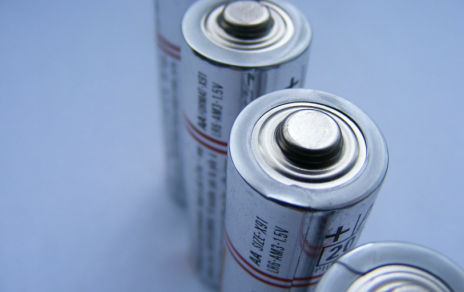The Serbian parliament on Monday began debating an opposition proposal to ban lithium and borate mining and exploration, which would effectively put an end to a contested Rio Tinto project in the west of the country.
In July, Serbia reinstated Rio Tinto’s licence to develop what would be Europe’s biggest lithium mine, two years after the previous government halted the process due to concerns from environmental groups.
That decision in July triggered nationwide protests including blockades of roads and railways.
If implemented, the $2.4 billion Jadar lithium project could cover 90% of Europe’s current lithium needs and make Rio Tinto one of the world’s leading lithium producers. Lithium is a key component in batteries for electric vehicles and mobile devices.
Serbian officials argue that the mine will boost the Balkan country’s economy, while environmentalists say that the industrial waste produced by the mine would poison land and water in the region.
Rio Tinto said in July that the project would be subject to stringent environmental requirements including an “extended phase” of legal, environmental and permitting procedures and public consultations before it was implemented.
In June, Serbia’s President Aleksandar Vucic said the start of the mining could be expected in 2028 at the earliest.
Dubravka Djedovic Handanovic, the minister for mining and energy, told parliament that Belgrade would insist on Rio’s adherence to international environmental and industrial standards.
She said a ban would be harmful for the economy as Serbia would lose investments, jobs and revenue from the project and potential production of batteries and electric cars.
Danijela Nestorovic, a deputy from the opposition Ecological Uprising movement, which proposed the ban as an amendment to the existing mining law, said that lithium mining would be devastating for the environment.
“There has never been a greater danger for Serbia,” she said. “Nothing will stop without lithium; there will be no apocalypse and no austerity.”
The ruling coalition, which said it will not back the opposition proposal, has a comfortable majority of 156 deputies in the 250-seat parliament. Parliament will vote on the proposal in the coming days, pending the end of the debate.
Environmental groups warned they would stage more protests if parliament blocked the opposition proposal.
(By Aleksandar Vasovic; Editing by Alison Williams)
